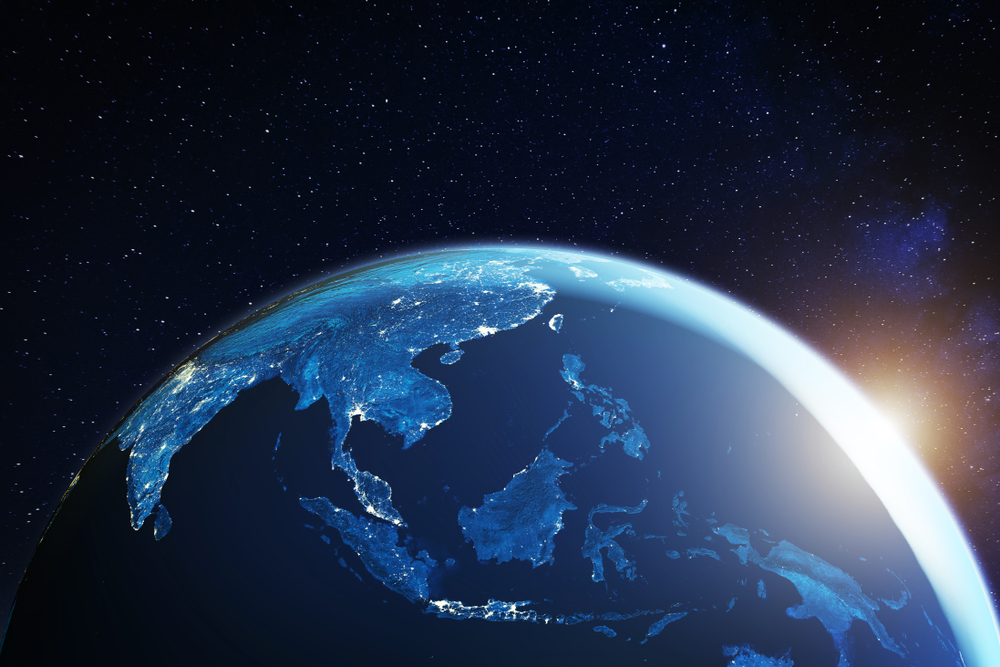A significant summit in Bali
As the G20 leaders gather for their summit in Bali, they are tasked with overcoming the unprecedented shocks proliferating during 2022, from Russia’s invasion of Ukraine
to the escalating assault from climate change
The 17th regular G20 summit, in Bali, Indonesia, on 15–16 November 2022, will be highly significant.
It will build on the G20’s Rome Summit hosted by Italy in October 2021, the United Nations Glasgow climate summit in November 2021, the first part of the UN conference on biodiversity in Kunming, China, in spring 2022 and the G7 summit in Elmau, Germany, in June 2022.
It will be the first G20 summit hosted by Indonesia, the anchor of the Association of Southeast Asian Nations and an important democratic power. Indonesia’s majority Muslim, large, young population and its strong economy, vast geographic expanse, long coastlines and natural assets make it globally critical in the ecological, social, economic and security domains.
Host Joko Widodo is a G20 summit veteran, attending since 2014. Fresh energy comes from Germany’s new chancellor, Olaf Scholz, who hosted the G7 in June, Japan’s Fumio Kishida at his first in-person G20 summit, the United Kingdom’s new leader, Italy’s Giorgia Meloni, Australia’s Anthony Albanese and Korea’s Yoon Suk-yeol. Other participants include Argentina’s Alberto Fernández, and the European Union’s Ursula von der Leyen and Charles Michel, as well as India’s Narendra Modi, scheduled to host in 2023, Turkey’s Recip Tayyıp Erdoğan, Canada’s Justin Trudeau, Brazil’s Jair Bolsonaro, Saudi Arabia’s Mohammed bin Salman, China’s Xi Jinping, Russia’s Vladimir Putin, France’s Emmanuel Macron, and South Africa’s Cyril Ramaphosa. Mexico’s Andrés Manuel López Obrador will be represented by foreign minister Marcelo Ebrard.
Also In attendance
Regular guests include Pedro Sánchez of Spain, Mark Rutte of the Netherlands and Lee Hsien Loong of Singapore, as well as Senegal’s Macky Sall, chair of the African Union, and Rwanda’s Paul Kagame, chair of NEPAD. Other invited leaders include the United Arab Emirates’ Sheikh Mohammed Bin Zayed Al Nahyan, Suriname’s Chan Santokhi representing the Caribbean Community, Cambodia’s Hun Sen representing ASEAN and Fiji’s Frank Bainimarama representing the Pacific Community. Ukrainian president Volodymyr Zelensky is expected to participate by video link.
Also likely to attend are the heads of the Financial Stability Board, International Labour Organization, Organisation for Economic Co-operation and Development, World Health Organization, International Monetary Fund, World Bank and United Nations, among others.
These leaders will build on the results of the Indonesian presidency’s many ministerial meetings and the engagements groups for business, labour, civil society, think tanks, science, auditing, parliamentarians, urban affairs, youth, women and religion. They will be encouraged by G20 members’ 68% compliance by June with the priority commitments from Rome.
Guided by the theme of ‘Recover together, recover stronger’, the Bali Summit will focus on the global health architecture, digital transformation and sustainable energy transition. It also seeks to enhance economic resilience, recovery and connectivity disrupted by Covid-19, increase people’s digital literacy and skills, standardise digital payment systems and highlight Indonesia’s culture, tourism and creative industries.
To perform well, Bali’s leaders must overcome the unprecedented shocks proliferating during 2022. The first is Russia’s invasion of Ukraine in February and the ensuing crises in energy, food, inflation, developing country debt, and decline in economic growth, financial stability, trade and development. The second shock is the continuing Covid-19 pandemic with recent outbreaks in China, the new monkeypox pandemic, polio in the United States and United Kingdom, and Ebola in Africa. The third shock is the escalating assault from climate change and biodiversity loss, fuelling historic extreme weather events across the G20 and globe this year. The fourth shock is mounting US-China tensions, especially over Taiwan, and concerns about the open, rules-based multilateral order itself.
Chances for progress
Nonetheless, to meet the soaring demand for effective global governance, G20 leaders could well produce substantial success. All leaders vital for advancing Bali’s priorities will likely attend in person, and engage collectively in most sessions, despite the deep divide between the G7 leaders and Vladimir Putin over Russia’s invasion and annexations in Ukraine. They may expand the UN-brokered agreement to allow grain exports from the Black Sea, if recent military setbacks make President Putin conclude this war is hurting the very emerging and developing countries whose support he needs. There will be clear advances on controlling Covid-19 and other pandemics, providing equitable, worldwide access to diagnostics, therapeutics and vaccines, building resilience to health-related shocks, and strengthening the global health architecture to perform these tasks, including by raising resources for the new Financial Intermediary Fund for Pandemic Preparedness and Response. Action on climate change will arise from the shocks that show China and the US their soaring vulnerability, Joe Biden’s domestic success on spending on climate, the environment and clean energy, and Indonesia’s focus on renewable energy, which is now a military as well as economic and ecological imperative given Russia’s reduced natural gas exports to Europe. The G20 will take useful steps to expand debt relief for the growing number of beleaguered developing and emerging countries, push implementation of its historic reform of international corporate taxation and guide the digital revolution to benefit all. Amid their severe geopolitical conflicts, all key G20 leaders will realise that to provide the global governance we all need, now more than ever, there is nowhere else to go.












